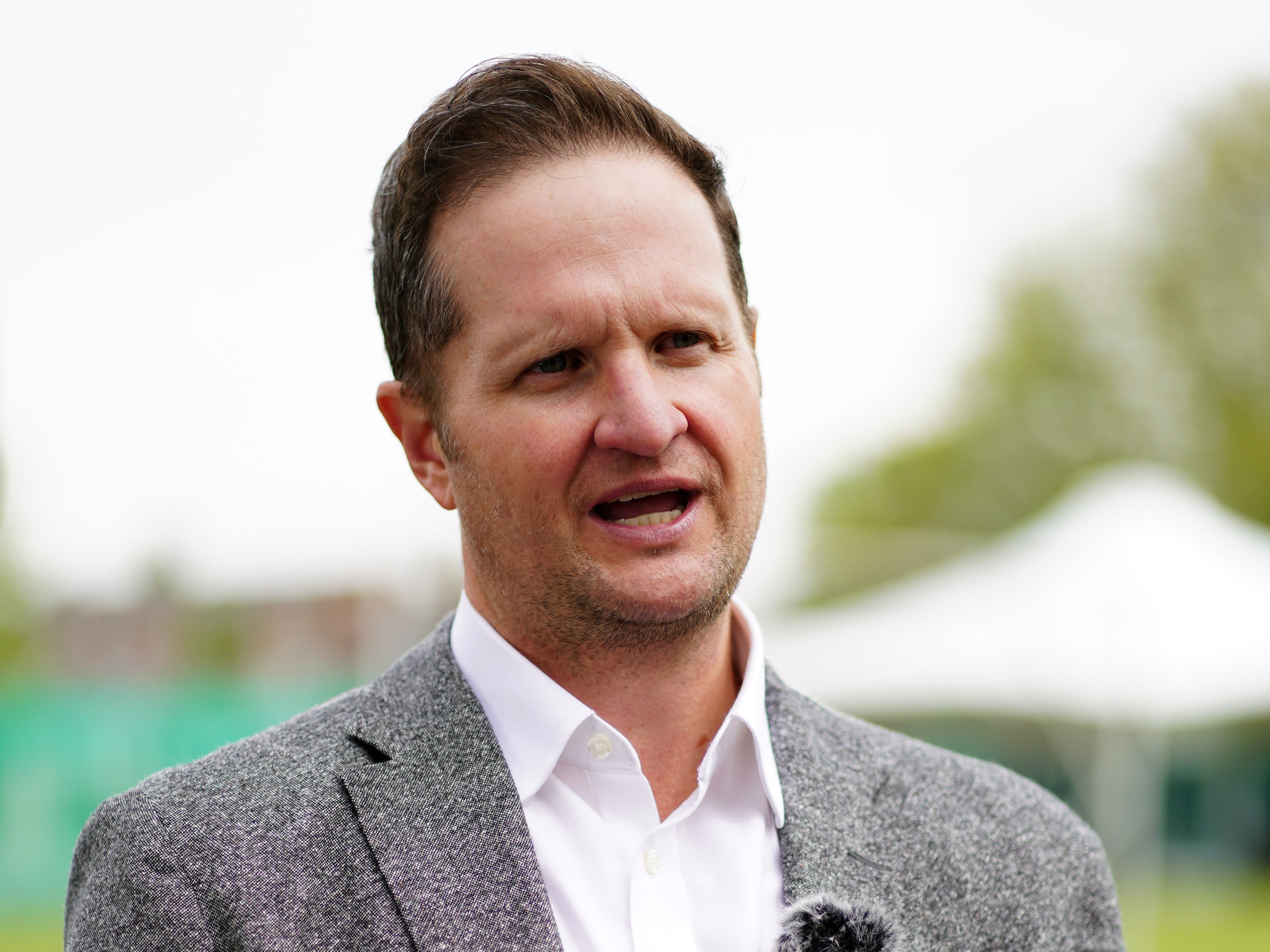Rob Key wants to see more homegrown coaches as he ponders overseas appointments
The likes of Gary Kirsten, Graham Ford and Simon Katich have been linked to the England post.

Your support helps us to tell the story
From reproductive rights to climate change to Big Tech, The Independent is on the ground when the story is developing. Whether it's investigating the financials of Elon Musk's pro-Trump PAC or producing our latest documentary, 'The A Word', which shines a light on the American women fighting for reproductive rights, we know how important it is to parse out the facts from the messaging.
At such a critical moment in US history, we need reporters on the ground. Your donation allows us to keep sending journalists to speak to both sides of the story.
The Independent is trusted by Americans across the entire political spectrum. And unlike many other quality news outlets, we choose not to lock Americans out of our reporting and analysis with paywalls. We believe quality journalism should be available to everyone, paid for by those who can afford it.
Your support makes all the difference.Rob Key insists England must do more to produce homegrown coaches as he ponders a return to overseas leadership of the national side.
Key, who took over this month as managing director of men’s cricket and has already appointed Ben Stokes as Test captain, is looking for two new head coaches after opting to split the role.
Former England one-day skipper Paul Collingwood, who held the post on an interim basis on the recent West Indies tour, is a potential white-ball candidate but the bulk of those linked with the vacancies would be imports.
South African pair Gary Kirsten and Graham Ford have been touted, Simon Katich appears the most likely of a lengthier Australian list, while Mahela Jayawardene (Sri Lanka) and Stephen Fleming (New Zealand) boast strong claims.
For a country with 18 first-class counties, the feeling remains that the domestic field should be more competitive but since the year 2000 England’s most successful moments have been overseen by the likes of Duncan Fletcher, Andy Flower and Trevor Bayliss.
“Let’s be honest, we are at this point where we have two coaching jobs and the majority of the names coming at you will be overseas coaches. That can’t be right,” said Key.
“That is a fault of the system and we need to be sorting this out. Whenever I read (the press) you are always tipping overseas coaches and that is the fault of us at the ECB.
“You can’t be telling me that there are not good English coaches. We have this whole system in place and we have to make it an appealing job and an appealing process. There are so many people in our game that have great views and we want them in coaching. It can’t always be someone else’s fault. What do we need to do?”
Key is one of those who eschewed a tracksuit for a TV studio after retiring, with punditry a less accountable and often more lucrative career path.
But, having thrown himself back in to a cutting edge position in the game, he has vowed to address the production line. All eight men’s sides in the inaugural edition of The Hundred had overseas head coaches, though James Foster has since replaced Darren Lehmann at Northern Superchargers.
“How do you become a good coach if you don’t get the opportunity? We have got to get better at it,” said Key.
“We just have to make sure we are producing the best coaches we can. How many English coaches have we had of the national side in 30 years? Two or three? We have to sort that out. We have to be doing something about it otherwise what is the point?”
- Duncan Fletcher (Zim) - 1999-2007
- Andy Flower (Zim) - 2009-14
- Trevor Bayliss (Aus) - 2015-19
Key, who has wasted little time throwing himself into the task of filling what had been a sizeable leadership void, also has firm ideas about selection.He plans to restore an independent national selector but will initially take on some of those responsibilities himself, including deciding how and when multi-format players are rotated and rested.
And he has made it plain that the faltering Test team is in greater need than Eoin Morgan’s smoother-running limited-overs unit.
“They are two teams at different ends of where they are. You have to make it clear to the coaches when they take this job…you might be the white-ball coach but by the way that does not mean you are going to have the luxury of having the multi-format cricketers every single game,” he explained.
“That’s not a bad thing because there is a chance that we could sustain that white-ball set up for longer by younger players coming in. Whether it’s Jonny Bairstow, Ben Stokes or Jos Buttler, I don’t think it will have a bearing on how well they play in the Twenty20 World Cup if they have not played every single game in the lead up to it and they’re in the Test side.
“That’s a juggling act and we will have to be smart with it. There will be series in white-ball cricket where you have the mainstay of the squad but not the absolute best XI.”
Join our commenting forum
Join thought-provoking conversations, follow other Independent readers and see their replies
Comments